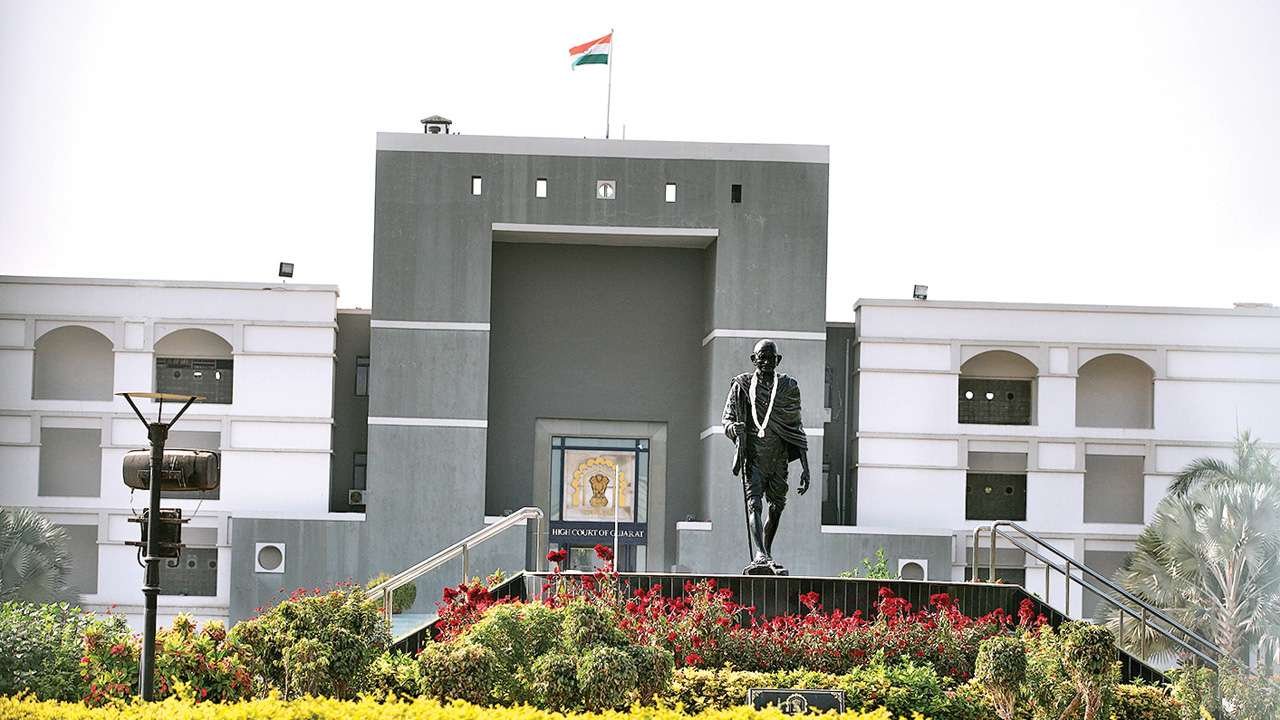The Gujarat High Court expressed concern over the misuse of the Scheduled Caste and Scheduled Tribe (Prevention of Atrocities) Act (SC/ST Act) while dismissing a case filed against a BJP leader by another BJP member who was the President of Chotila Nagarpalika.
Justice Sandeep Bhatt emphasized that although the SC/ST Act aims to protect scheduled caste and scheduled tribe members from oppression, it should not be allowed to be abused. The court urged for thorough and impartial investigations into such offenses.
The case involved a BJP leader (petitioner) who was charged under the SC/ST Act and Section 506 of the Indian Penal Code (IPC) for criminal intimidation. The complaint was filed by another BJP member belonging to a scheduled tribe, who accused the petitioner of caste-based abuse and insults.
The court found that the complaint was politically motivated and exemplified the susceptibility of the SC/ST Act to misuse. It was noted that there was no concrete evidence against the petitioner and the complaint seemed politically motivated.
The judge pointed out that in such cases, non-scheduled caste and non-scheduled tribe members might be harmed, affecting social harmony. Both the complainant and the petitioner were BJP members vying for the position of President of the Chotila Nagarpalika. The complainant, who was planning to vote for the Congress party, faced criticism from the petitioner, which led to the alleged incident.
Considering the late filing of the complaint and the absence of other complaints against the petitioner, the court dismissed the case. It clarified that a person cannot be charged under the SC/ST Act unless the crime was motivated by casteism. In this instance, the court found the incident to be a spontaneous outburst without the requisite intent to humiliate the complainant, and thus, the FIR was quashed.
Overall, the court’s ruling highlighted the importance of preventing misuse of the SC/ST Act while ensuring the genuine protection of scheduled caste and scheduled tribe members from atrocities and oppression.



